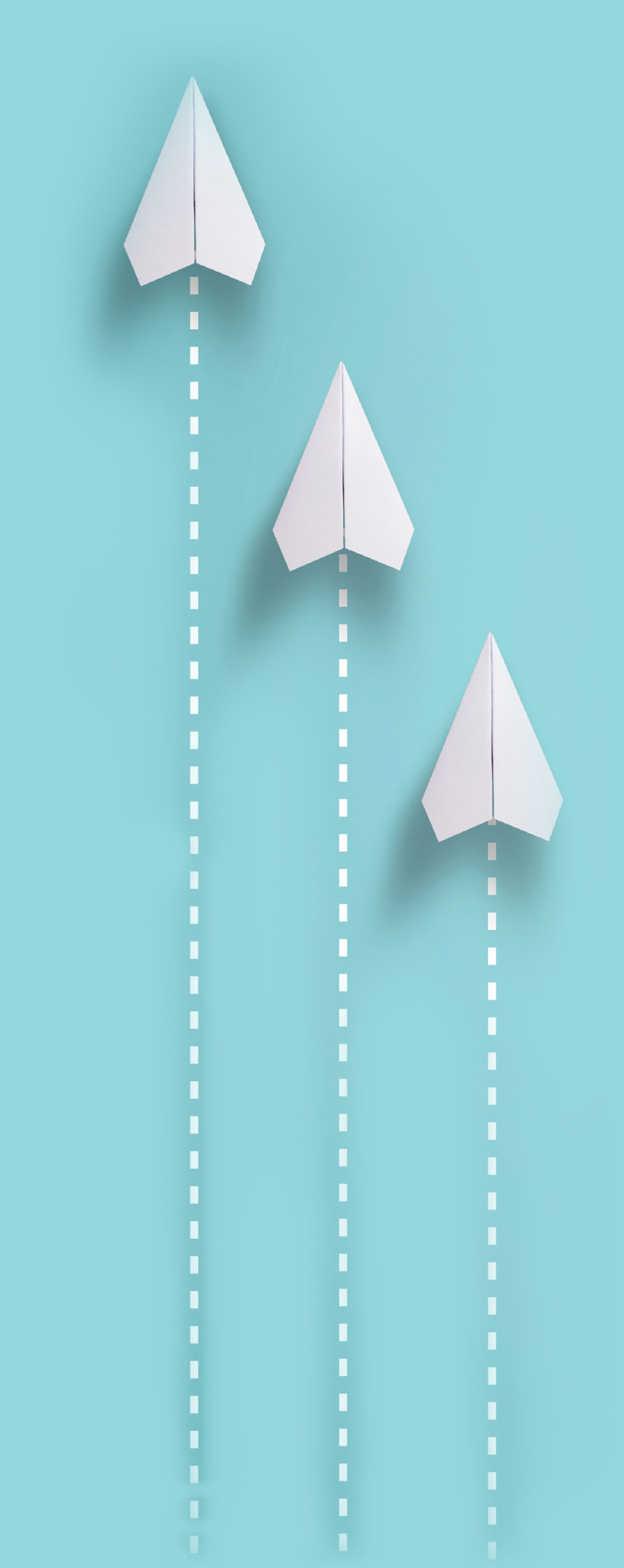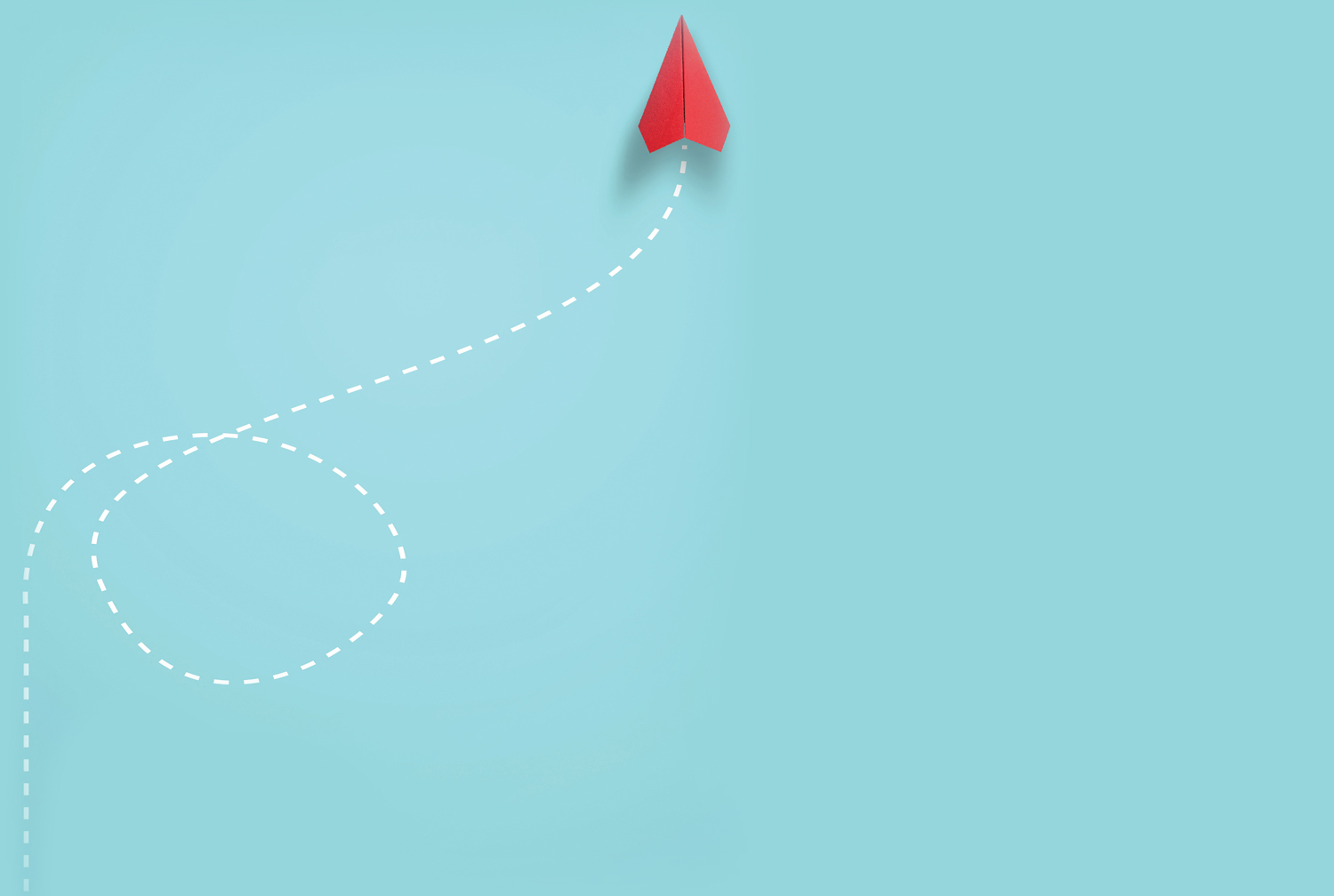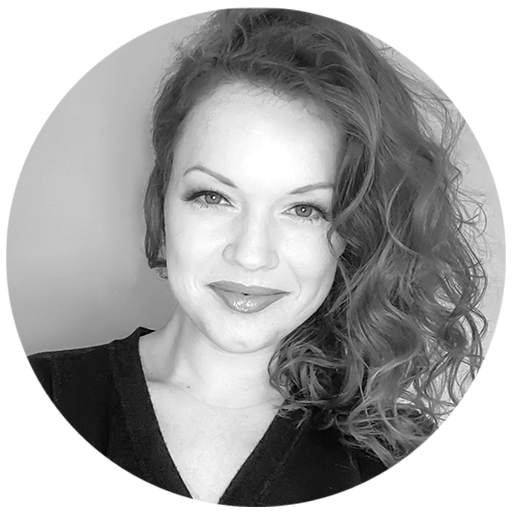he person who installed the card skimmer at a Speedway gas station on Detroit’s west side couldn’t have imagined that they would have such a positive effect on my life. I couldn’t have imagined it either that January day in 2012, when I learned that a thief had completely emptied my bank account. Pacing nervous circles around my living room, I sat anxiously on hold to find out how long it would take to get my money back.
“Did you say eight to 12 weeks?” I paused, processing the blow. “But that’s everything I have.”
Suddenly I found it difficult to breathe. My eyes began to dart around the room, searching desperately for something I could grab on to for support, but all I could see was evidence of a life out of control: piles of unwashed laundry pushed against the wall, fast food wrappers and empty beer cans on the coffee table, a dent in the wall shaped like my boyfriend’s fist. I felt ashamed, lost and hopeless.

he person who installed the card skimmer at a Speedway gas station on Detroit’s west side couldn’t have imagined that they would have such a positive effect on my life. I couldn’t have imagined it either that January day in 2012, when I learned that a thief had completely emptied my bank account. Pacing nervous circles around my living room, I sat anxiously on hold to find out how long it would take to get my money back.
“Did you say eight to 12 weeks?” I paused, processing the blow. “But that’s everything I have.”
Suddenly I found it difficult to breathe. My eyes began to dart around the room, searching desperately for something I could grab on to for support, but all I could see was evidence of a life out of control: piles of unwashed laundry pushed against the wall, fast food wrappers and empty beer cans on the coffee table, a dent in the wall shaped like my boyfriend’s fist. I felt ashamed, lost and hopeless.
“I can’t do this anymore,” I told her. She replied… with a meow.
I gave in to tears.
I’ve never before shared this story publicly, and it feels scary to do so now. But many of your employees are emerging from one of the most difficult periods of their lives, and their experiences may not be unlike mine. I am not an anthropologist, resiliency expert, or therapist, but I am someone who has struggled and come out on the other side. For me, and for countless others whose daily lives were uprooted over the course of these long months, on the other side of struggle is a demand for a better life.
No matter the specifics, most of us react the same way when we get lost in dark, scary and disorienting places: we panic. When we panic, our bodies go through a series of responses designed to help us get out of harm’s way fast: adrenaline floods the bloodstream, the heartbeat quickens, breathing becomes fast and shallow, and the senses get sharper. This is our more primal self taking over, and its job is to get us geared up for battle.

So who was I fighting?
I took a deep breath and what followed was a mind-blowing realization: life is just a Choose Your Own Adventure game, and I’d been playing in Survival Mode. I could choose to continue down that path, fighting a wave of increasingly powerful false villains, but that would make today’s visit to Rock Bottom merely a pit stop during a multi-city tour of the state of Depression, and I’d been on the road long enough. So instead I looked around and saw that there was, in fact, another option: Exit Survival Mode. And when I did, the entire game changed.
That January day brought me to a dark place that many of us know well. And like that thief did to my bank account in 2012, the events of the last year drained our physical, financial, mental and emotional resources, thus sending millions of individuals, families and companies into survival mode. But now that we are beginning to re-emerge, we’re finding ourselves in a new reality and things are a bit out of place. It’s time we dust ourselves off, rethink our priorities and question everything about the way we operate.
Many of us prescribe to a narrow, outdated definition of success rooted in decades-old norms, policies and expectations about the nature of work. But if discomfort is the price of admission to a meaningful life, in 2020 we paid our dues. People are now choosing to realign their personal missions around maximizing the quality of their time. By consequence, we are establishing a new set of norms in which we expect more of ourselves, our families, our communities and, importantly, our employers. Leaders will be wise to take heed of these emerging expectations and respond by implementing practices and policies that align with the goals of their people. If we are honest with ourselves, the way we worked before the pandemic was far from optimal. It’s time we reset the game.

email: rachel.r.vick@gmail.com
email: rachel.r.vick@gmail.com